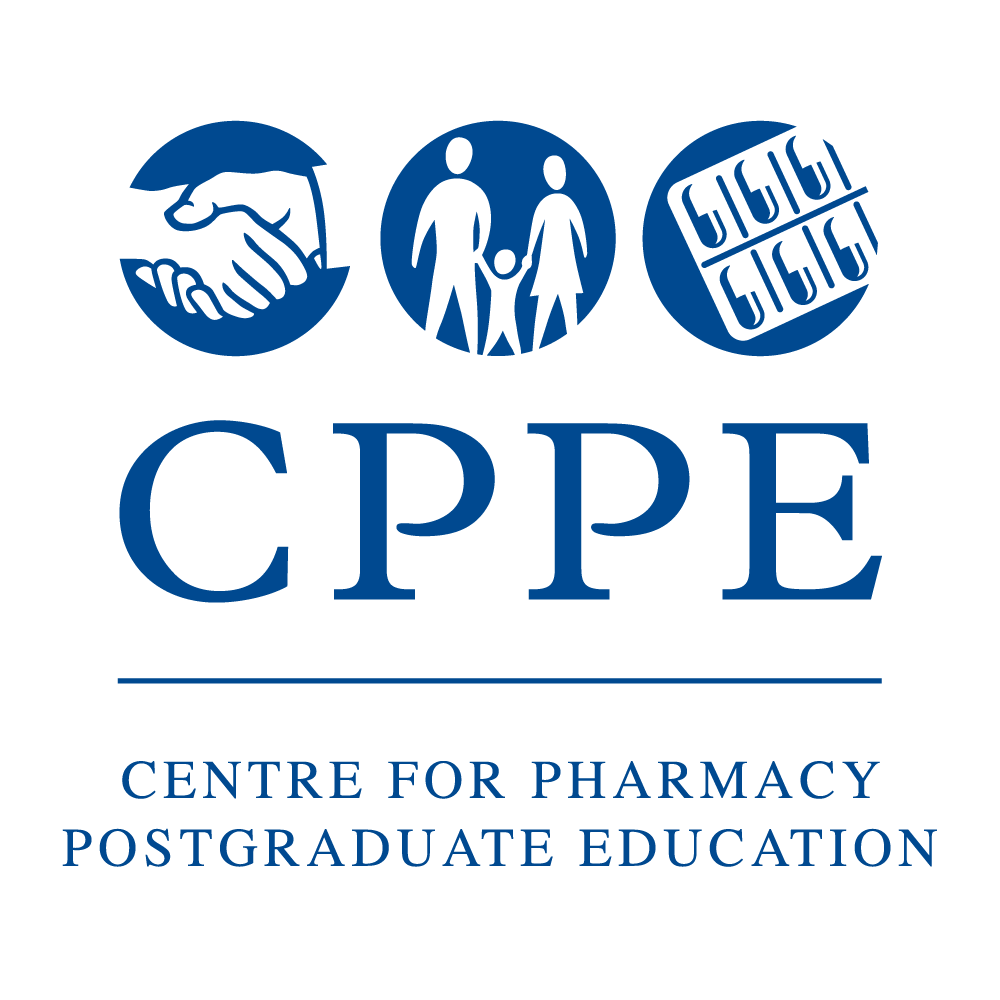Collaborative supported e-Portfolio programme to advanced pharmacist practice in England
Developed in collaboration with the RPS, NHSE WT&E Centre for Advancing Practice and CPPE.
- Provides a supported professional development programme to advanced pharmacist practice for eligible pharmacists in England, funded by NHSE WT&E’s Centre for Advancing Practice
- 300 funded places for pharmacists in 2023-2024
- Recognises the quality assurance of the advanced practice education, training, and experience of pharmacists practicing as advanced practitioners.


Who is eligible for this programme?
To be eligible for this programme, pharmacists must meet NHSE WT&E’s Centre of Advancing Practice criteria and the requirements to meet the RPS Core Advanced curriculum outcomes.
To be eligible, you must:
- Be a pharmacist practising in England delivering NHS services
- Working in an advanced patient-focussed pharmacist role
- Be working at, or close to, an advanced level of pharmacist practice (as defined in the RPS Core Advanced curriculum) 1
- Be an active prescriber if working in a patient-facing role
- Be currently leading, or managing other team members in the workplace
- Be undertaking quality improvement and/or research activities to improve healthcare outcomes at a team and/or service level
- Have agreement from your employer to support you with the programme by providing high-quality practice supervision, including supporting with work-based supervised learning events (SLEs).
1 For those working in general practice, this may include a completed Statement of Assessment and Progression from a CPPE’s national PCPEP training pathway or equivalent.
What is the programme based on?
The programme is based on the RPS Core Advanced curriculum, which is fully aligned to the NHSE WT&E Advanced Clinical Practice framework.
Candidates will need to develop a portfolio of evidence against the RPS Core Advanced curriculum outcomes using the RPS Core Advanced e-portfolio.
What support will I receive to develop my portfolio?
Programme support is provided by CPPE.
If you are assigned a place on the programme, you will:
- Be assigned a dedicated educational supervisor from CPPE who will support you remotely developing your portfolio
- Have a 90-minute learning needs analysis discussion with your educational supervision with the development of an individual development plan to address any learning or experiential deficits
- Have two remote 1-2-1 meetings with your educational supervisor to discuss the quality of your evidence
- Receive peer-to-peer support to develop your e-portfolio evidence through remote group tutorials.
What will the final sign-off assessment look like?
The programme covers a funded final sign off assessment. Your portfolio assessment will be assessed by an Advanced Pharmacist Competence Committee (APCC) as described in the programme of assessment section of the RPS Core Advanced curriculum.
What do I get if I successfully complete the programme?
Those who successfully complete the programme and credentialing assessment through the RPS will receive the following dual award:
- The RPS Core Advanced credential, recognising you as an advanced pharmacist. If you are an RPS member, this means you will be able to use the modified membership affix: MRPharmS(Advanced) or FRPharmS (Advanced)
- NHSE WT&E’s Centre for Advancing Practice’s ‘Advanced’ digital badge, demonstrating the quality assurance of your advanced practice preparation to patients, families, carers, and other healthcare professionals.
This will mean you will be recognised as having equivalence in terms of level of advanced practice as those who have completed the alternative NHSE WT&E supported e-Portfolio (supported) route or a NHSE WT&E-accredited advanced practice programme.
How do I sign up to be assigned to a cohort on the programme?
 To sign up for the programme, you need to register your interest through the CPPE website as well as through the NHSE WT&E portal. You will then be contacted by an education supervisor to arrange a learning needs analysis meeting.
To sign up for the programme, you need to register your interest through the CPPE website as well as through the NHSE WT&E portal. You will then be contacted by an education supervisor to arrange a learning needs analysis meeting.
After this meeting, there will be a discussion about which cohort you will join.
In the meantime, we recommend that you read the RPS getting started guidance.
What is the difference between an advanced pharmacist and an advanced practitioner?
In summary, advanced pharmacists have advanced pharmaceutical clinical capabilities in addition to advanced non-clinical capabilities. The role of an advanced pharmacist could not be safely delivered by an individual from another professional group.
An advanced practitioner focuses on clinical assessment skills for managing undifferentiated patient presentations within speciality areas of practice, such as emergency medicine or general practice. These roles draw on individuals' professional expertise and can be safely undertaken by individuals drawn from a range of multi-professional backgrounds.
Both advanced pharmacists and other advanced practitioners practise at an advanced level and deliver complex care autonomously. Both are also experienced practitioners across the four pillars of practice.
For more detail, see section 2.3 of the RPS Core Advanced curriculum.

What if I am not near to or at the advanced level of practice and/or not eligible for the programme?
If you do not currently meet the eligibility criteria for the programme but would like to commence your journey towards advanced practice credentialing, please refer to the RPS getting started guidance.
2024 CPPE pathway submission dates
| |
Submission window opens
|
Final submission deadline
|
Anticipated outcome date
|
|
Application 1
|
7 January 2024
|
14 January 2024
|
27 February 2024
|
|
Application 2
|
4 February 2024
|
11 February 2024
|
26 March 2024
|
|
Application 3
|
7 April 2024
|
14 April 2024
|
28 May 2024
|
|
Application 4
|
5 May 2024
|
12 May 2024
|
25 June 2024
|
|
Application 5
|
4 August 2024
|
11 August 2024
|
24 September 2024
|